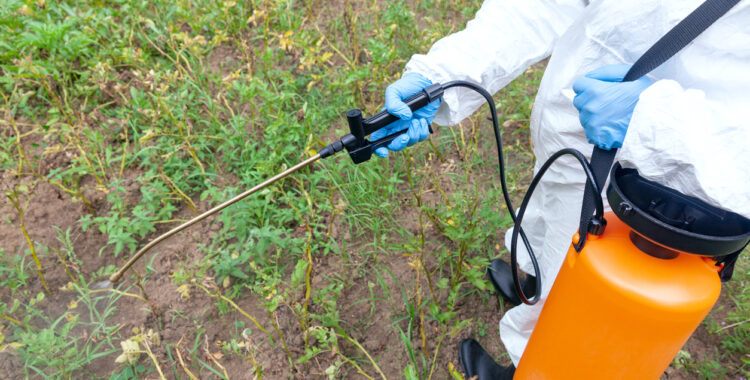
Recent studies have found that around 80% of Americans over the age of 6 have traces of glyphosate in their urine. Glyphosate, used in commonly known Roundup herbicide, is the most popular herbicide in the U.S. among both farmers and homeowners. This new biomarker has the potential to shift the tide in linking exposure to Roundup and cancer, particularly non-Hodgkin’s lymphoma, on an individual basis. This gives more ammunition to tens of thousands of people suing Bayer-Monsanto for their failure to warn of the deadly effects of Roundup.
This study, combined with a multitude of studies that have already been used in court testimony are damning. The difference is that, until this study, the link between Roundup and cancer was clear, but tying that causal effect to individual cases sometimes proved to be a challenge. This study makes the link clear.
The results of this study will become the key tool in litigation against Bayer-Monsanto and can prove, clear as day, that their product was the leading cause in the suffering of many innocent Americans.
When exposed to toxins like glyphosate, the human body can succumb to oxidative stress. This stress produces what’s called “reactive oxygen species” (ROS) and other free radicals, which can overpower our bodies’ antioxidant defense mechanisms. The result is that our proteins, lipids, and DNA are damaged.
Most recently, a study was conducted recently among farmers and non-farmers called Biomarkers of Exposure and Effect in Agriculture (BEEA). The study tested 1681 male farmers, from Iowa or North Carolina, 50 years of age or older, who had never been diagnosed with cancer.
The study then enrolled 211 male non-farmers from Iowa or North Carolina, with the same specifications as above, but who had not lived or worked at a job using pesticides within the previous 10 years or for more than 12 months since the age of 18.
Four sub-groups were created from the enrolled men based upon their glyphosate use:
- The first subgroup was farmers recently exposed to glyphosate—those who had used the pesticide in the 7 days prior to the urine test.
- The second subgroup was comprised of farmers who had been exposed to high levels of glyphosate throughout their lifetimes.
- The third subgroup was of farmers who had no exposure or very little exposure to glyphosate throughout their lifetimes. These farmers reported no glyphosate use in the previous 12 months.
- The fourth subgroup was made of people who are not farmers and who had not used glyphosate in the previous 12 months.
The study discovered, as most suspected, that glyphosate concentrations in urine were considerably higher among the cohort of farmers that were recently exposed to glyphosate. And, that concentrations were greater in the urine samples of high lifetime exposed farmers compared to low or never exposed farmers and non-farmers.
And importantly, glyphosate concentrations were clearly associated with urinary biomarkers DNA damage due to oxidative stress, lipid peroxidation, and malondialdehyde (MDA) among farmers. This, however, was not the case with the non-farmer group.
So, the study essentially proved that there is a dangerous link between glyphosate exposure and oxidative stress. And therefore, a link between exposure to these pesticides and damage to our DNA and lipids.
It is believed that the damage done to DNA from oxidative stress, is a leading factor in causing cancer, especially non-Hodgkin’s lymphoma.
Glyphosate is everywhere now, and exposure to it is increasing. With many studies being done, concerns are growing rapidly over the negative health effects of glyphosate.
This landmark discovery will add serious evidence to the growing list of studies associating glyphosate with cancer. And, these studies are all ending with the same result: the irrefutable argument that Roundup causes non-Hodgkins lymphoma and other devastating illnesses.
Bayer-Monsanto has been profiting for too long from products that kill hard-working Americans.
The results of the study are encouraging for plaintiffs, though, and we hope that Bayer-Monsanto is finally forced to do the right thing and offer a fair settlement to those unfortunate people whose lives they have destroyed.












